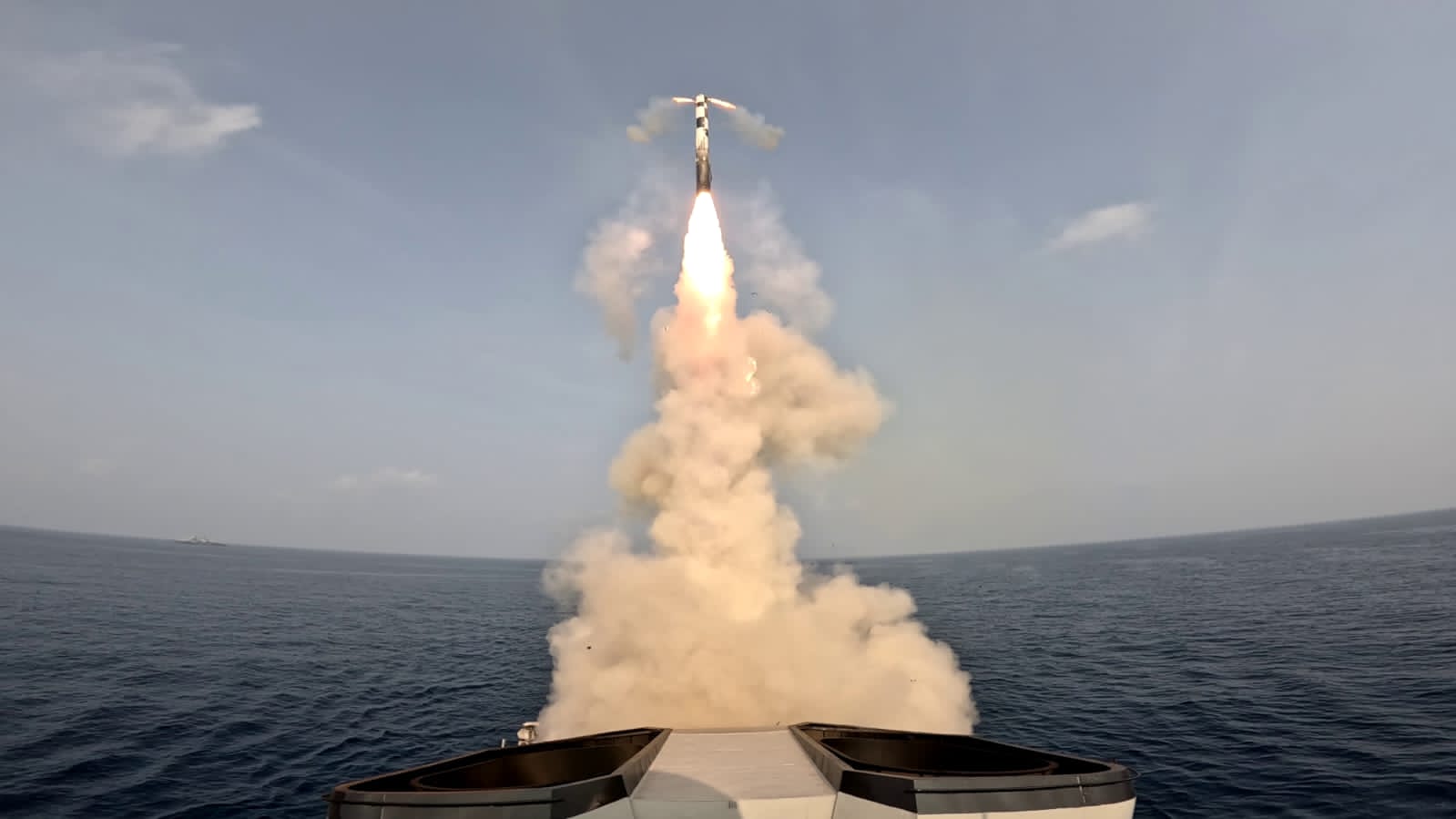India and the Philippines are poised to deepen their bilateral cooperation as New Delhi moves closer to securing the contract for the flagship redevelopment project of Manila Airport.
While recent months have seen significant attention on the collaboration between the two nations on defense, mainly focusing on the BrahMos anti-ship missile, this development underscores the broadening of their partnership.
Ninoy Aquino International Airport (NAIA), the primary international gateway in the Philippines, is currently ranked among the poorest-performing airports globally. The country wants to upgrade the airport to alleviate chronic flight delays, mitigate congestion issues, and enhance overall facilities.
There are indications that the Philippines is now on the verge of granting a contract to redevelop Manila Airport. India’s GMR Group appears to be the leading contender among four private bidders, as per reports.
In August 2023, the Philippines launched a bid for a US$3 billion redevelopment project to address the chronic operational issues plaguing Ninoy Aquino International Airport (NAIA).
The facility, operating at 50 percent over capacity, had previously encountered two unsuccessful attempts to expand its operations.
The Manila airport project includes nearly doubling the yearly passenger capacity to 62 million and entails a 15-year concession agreement, with the possibility of a 10-year extension.
Philippine Undersecretary for Planning and Project Development at the Department of Transportation Timothy John said three of the four international consortiums vying for the project had been shortlisted.
The objective is to finalize the concession award and sign the agreement by February 15, with actual development slated to commence between the second and third quarters of the year.
However, the timeline for commencement hinges on the terms for the handover of work between the government and the winning bidder. A consortium led by India’s GMR Group has emerged as a potential frontrunner under a public-private partnership model.
The report mentioned that GMR Group has proposed sharing up to 33.3 percent of annual revenues with the Philippine government.
The Manila International Airport Consortium, spearheaded by Global Infrastructure Partners and recently acquired by US asset management firm BlackRock, comprising six Filipino family conglomerates, proposes to allocate 25.91 percent of revenue to the Philippine government.
Following closely is a consortium led by the Philippine multinational corporation San Miguel Holdings Corp, which has offered to share up to 82.16% of revenue with the government, making it the highest bidder.
However, concerns about the business viability of such a high revenue-sharing model have been raised, although discussions with the government have yet to be finalized.
The Asian Airports Consortium, the fourth bidder, did not meet the requirements outlined in the technical evaluation process and thus did not qualify for further consideration in the NAIA redevelopment project.
Indian, Filipino Cooperation Amidst Heightened Chinese Assertiveness
Over the recent months, there have been recurrent tense encounters between the Philippines and China concerning the disputed Second Thomas Shoal, where the Philippines has stationed a troop detachment on a grounded naval vessel.
As recently as February 11, the China Coast Guard announced that it had repelled a Philippine Coast Guard vessel accused of intruding into waters near Huangyan Island in the South China Sea.
In light of these recurring encounters with Chinese forces, the Philippines increasingly relies on support from friendly nations. India shares a common interest with the Philippines in promoting a free, open, and inclusive Indo-Pacific region.
New Delhi’s longstanding and robust relationship with Manila is exemplified by a series of bilateral agreements, including the contract to provide three batteries of BrahMos missiles to the Philippines.
Additionally, on August 2023, the Coast Guard leaders of India and the Philippines signed a Memorandum of Understanding (MoU) to strengthen maritime cooperation between the two nations.
By deepening defense cooperation with the Philippines, New Delhi seeks to enhance Manila’s defense capabilities, especially amidst China’s escalating assertiveness in the South China Sea.

If the GMR Group of India secures the tender, it would exemplify the expanding collaboration between India and the Philippines in the infrastructure sector.
This would also mark the firm’s third airport project in the Philippines, following its previous achievements in winning the tender for the development and operation of the Mactan-Cebu International Airport in 2014 and being awarded the project to expand Clark International Airport in 2019.
The decision to embark on the redevelopment of the Manila airport, strategically situated at the crossroads between Australia and Southeast Asia, is not only a strategic infrastructure move but also aligns with broader geopolitical dynamics.
It occurs amidst China’s proactive efforts to consolidate support for its ambitious Belt and Road Initiative, aimed at forging economic connectivity across nations through extensive trade and infrastructure networks.
In contrast, with backing from the United States, New Delhi’s active participation in the India-Middle East-Europe Corridor project represents a concerted effort to offer an alternative narrative to China’s Belt and Road Initiative.
During the tenure of former president Rodrigo Duterte from 2016 to 2022, the Philippines vigorously pursued Chinese investments in its infrastructure sector.
However, in the current bidding process for the Manila airport project, none of the qualified consortia include a Chinese infrastructure partner.
Nevertheless, the Philippines emphasizes that the selection criteria for the airport redevelopment will remain impartial, unaffected by any bilateral considerations.
- Contact the author at ashishmichel(at)gmail.com
- Follow EurAsian Times on Google News




